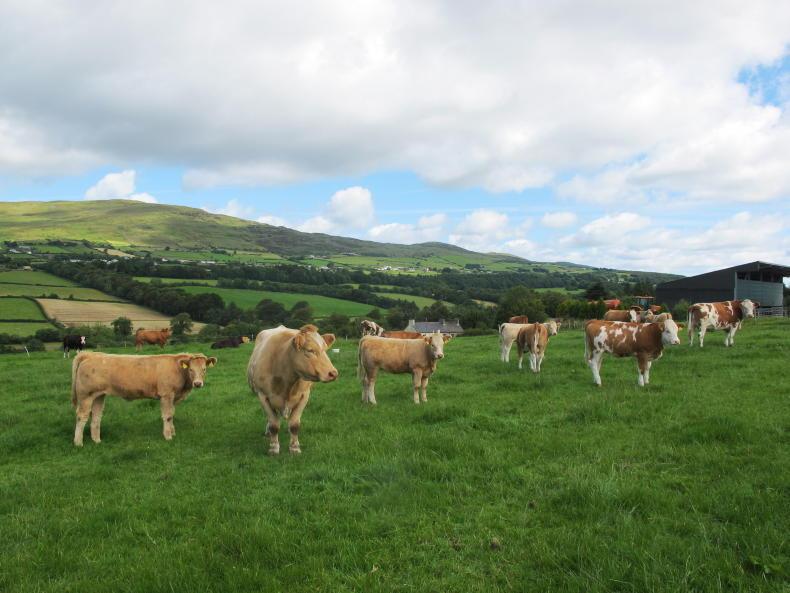I attended the Barnett-Hall customer grain conference in the Heritage Hotel in Co Laois last week and, once again, a host of world-class speakers lined the stage.
Chaired by Andy Doyle - the recently retired tillage editor of the Irish Farmers Journal - he was flanked by four main speakers.
Pedro Dejneka from Brazil - partner and co-founder of MD Commodities, a global macroeconomic and agricultural consulting firm with offices in Brazil and the US that provide private consulting to some of the largest producers, private corporations and public agencies in Brazil, covering nearly 10m acres of soya, corn and cotton production in that country alone.
Gerry Hussey - one of Ireland's leading health and performance coaches, who has been at the forefront of building high-performance teams and individuals in Olympic and professional sport and corporate organisations.
His vast experience has seen him prepare and lead teams to success at Olympic games, Heineken and world cups and World and European Championships.
Forgiving
Unfortunately, he was one the people responsible for helping the All Blacks beat Ireland in the recent Rugby World Cup, but seeing as he is Irish himself and was very entertaining, we’ll do our best to forgive him.
Rachel Connor - quality and ESG manager with Barnett-Hall.
Rachel is responsible for the testing programme of all purchased raw materials and for ensuring compliance with regulations to ensure feed quality and safety.
Her role has recently expanded to manage the calculating of the company’s carbon footprint and developing policy.
And, as usual, the main speaker of the day was heavy-hitter Dan Basse, president of AgResource Company, a domestic and international agriculture research firm located in Chicago, which forecasts domestic and world agricultural price trends.
AgResorce Co provides information and research to farmers, elevators, soya and corn processors, wheat millers, food companies, trading companies, importers, exporters and meat packers.
Dan is often quoted in the Wall Street Journal, The Financial Times, etc, and is well respected within the industry.
It was extremely refreshing to listen to Gerry Hussey talk about his own life
All speakers had something interesting to say. However, instead of listening to facts and figures about global markets and trends, and how much corn this country grew of that country exported and what the Chinese are or aren’t doing and the Russians likewise, it was extremely refreshing to listen to Gerry Hussey talk about his own life and the problems he encountered as a young child, suffering from crippling anxiety among other things and contemplating taking his own life on more than one occasion.
And how at 11 years of age, when a consultant told his mother that there was nothing wrong with him and that he was making it up to get off school, a switch flicked in his head and he went from feeling useless to knowing that his mission in life was to figure out how the human body and mind worked.
Which he did and, as previously mentioned, is now one of the leading health and performance coaches in Ireland and internationally. His book Awaken Your Power Within is well worth a read.
Perspective
It’s always interesting when you are able to see something from someone else’s perspective and through Pedro Dejneka, who was an extremely charismatic and engaging speaker, I was able to see a few things from a Brazilian perspective.
When us Irish farmers are constantly being inconvenienced by more and more rules and regulations to try to cut emissions and lower our carbon footprint, we often complain about what the Brazilian farmers are doing to the rain forests - 'cutting down acres to farm more cattle!'
According to Pedro, this is not the case. He said he is not denying that deforestation is happening, but forests are being cut down for timber - industry is the cause not agriculture.
He said that only 8% of Brazilian land is used for agriculture and only 22% of that is pasture.
A Brazilian farmer must, by law, keep 30% of their land native, meaning they can’t cut down any trees and the average farm size is 40,000 to 50,000ha. Some food for thought.






 This is a subscriber-only article
This is a subscriber-only article











SHARING OPTIONS: